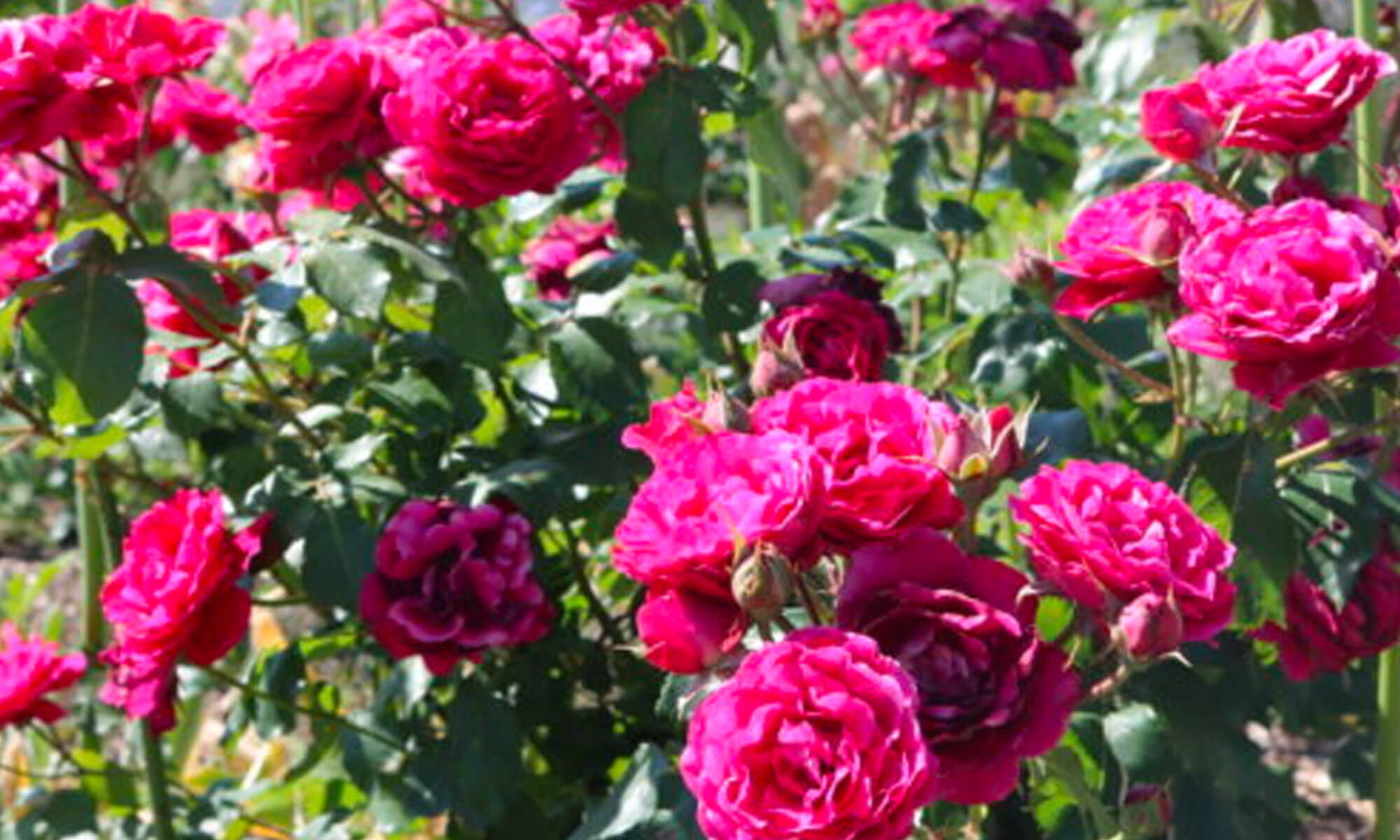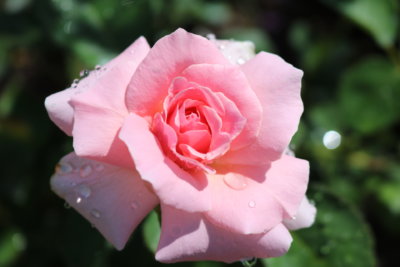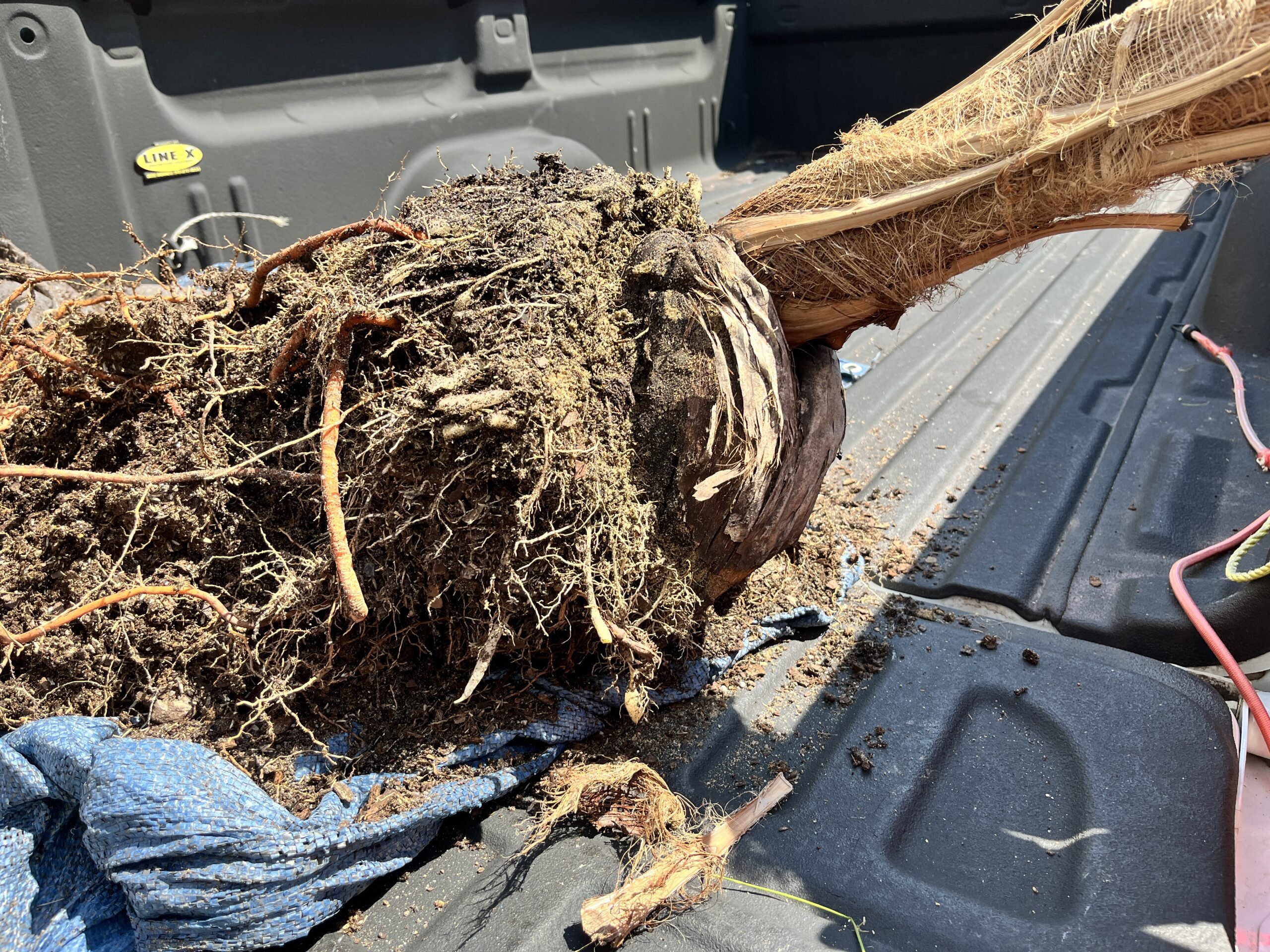Buck Roses in the Wells Fargo Rose Garden
Dr. Griffith Buck is a legend among gardeners. His surname applied to a rose equates to a badge of honor. The former Iowa State University horticulture professor left a long legacy of hardworking shrub roses, 93 in all, for Midwestern gardens. These varieties laid the foundation for the modern renaissance in shrub roses, utilized by rose breeders like Will Radler of Knock Out® fame for their timeless flowers and durable constitution.
Buck was born in 1915 in Cincinnati, Iowa. After serving in World War II, he married his wife Ruby, earned a bachelors and masters in horticulture and also a Ph.D. in microbiology all from Iowa State College (University). Dr. Buck started as an instructor in 1949 at Iowa State, eventually earning tenure as professor, a position he held until his retirement in 1985.
What makes Buck roses important to gardeners today? “They were bred for Midwestern gardens,” says Leslie Hunter, Botanical Garden horticulturist. “It’s important to uphold the legacy of plants bred for our region by people who cared.”
Hunter says most rose breeders in Buck’s era created roses almost exclusively for colorful, blousy blooms. Buck, however, bred for disease resistance and cold hardiness, while ensuring that flowers were still up to consumer expectations. He realized that people did not want to grow plants that were hard to maintain, a reputation roses still carry today. “He wanted nice flowers with scent to them and wanted to bring back the old garden rose look,” says Hunter.
Buck’s approach began by selecting cold-hardy parents. He would modern hybrid teas, antiques, old garden and species roses, leave them unprotected for an Iowa winter and use the survivors as parental stock. Many of his first roses served as parents to his later creations.
“When he was breeding roses, Dr. Buck was doing something that nobody else was doing at the time. He was way ahead of his time,” says Hunter. She admits some are created better than others. “We won’t have all of his available varieties, just because we want the best of the best. We want to showcase the best roses we can.”
The Botanical Garden’s Buck Rose Collection includes over 65 cultivars, all featured prominently in the Wells Fargo Rose Garden in the front yard. Hunter is partial to a few.









